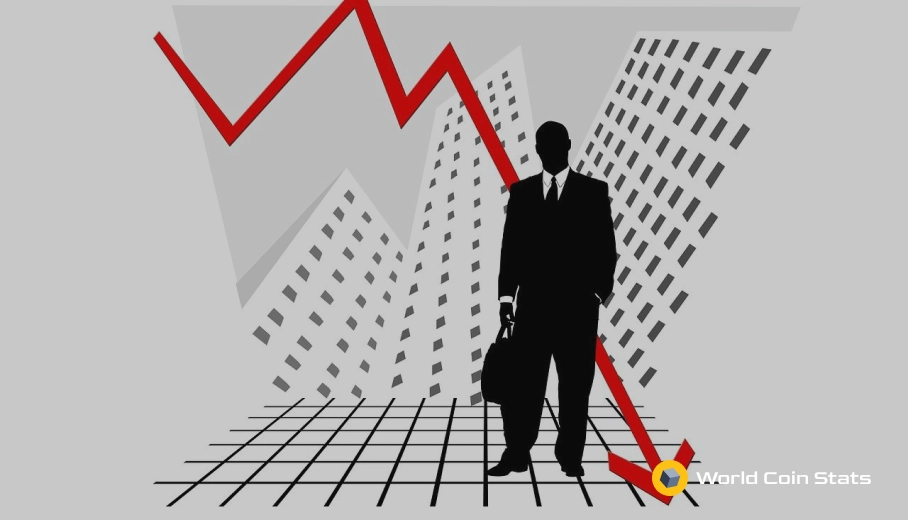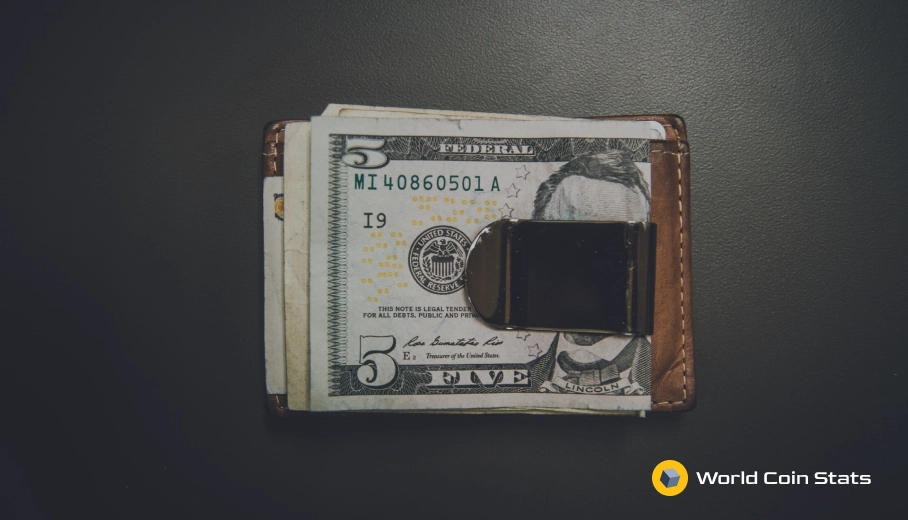Not a Good Day for SE Asia Stocks, Philippine Shares Plummet
SOUTHEAST ASIA – Shares in Southeast Asia declined Wednesday as the prospect of a US-China trade agreement dims.
The Hang Seng (HSI) and the Philippine Stock Exchange Index (PSEi) declined the most, although other major indices also suffered.
The Hang Seng was 1.3% lower at the end of the trading day while the PSEi closed at 7,800. Stocks in real estate pulled the index down as Ayala Land, and SM Prime Holdings dropped 2.1% and 1.9%, respectively. The Nikkei 225 (N225) slid 1.1% while the Shanghai Composite (SHCOMP) fell 0.2%.
Japan’s real estate, railway, and paper sectors were the day’s big losers and pushed shares down. Fast Retailing Co., Ltd dropped by 5.21% or 3,500 points to end the day trading at 63,700. Kawasaki Kisen Kaisha and Shiseido Co., Ltd also declined. The former by 4.50% or 86.0 points and the latter by 3.49% or 277 points.
Meanwhile, Tokyo Electric Power Co. enjoyed a 3.16% or 15-point increase while the Tokyo Dome Corp. rose 2.30% or by 23 points. Sekisui House, Ltd also had a good day and was up by 2.17% or 51 points at the close.
Malaysian stocks also dipped and reportedly hit the lowest it ever had in almost two months. The country’s index was further weighed down by a poor showing in the financial and telecom sectors.
Vietnam was the sole light in the otherwise bleak day. The country’s stocks inched a tick up, as it was assisted by gains in the financial industry. Real estate firm Vingroup rose by 0.5% while shares of Vietnam’s Joint Stock Commercial Bank for Foreign Trade increased by 1.6%.
ING economists noted on Wednesday that the renewed escalation of the US-China trade issues had impacted investor confidence in the region. The group said US President Trump had effectively dashed any hope of a phase one deal happening by mid-December. His recent comments about having no deadline and waiting after the 2020 elections indicate that this uncertainty will continue into next year.
Investors are also bracing for China’s reaction. The country has already warned Washington that the House Bill supporting Hong Kong will influence “important areas” of their bilateral relations.
Steven Innes, the Chief Market Strategist of AxiTrader, said news about the souring relations between China and the US are “extremely bitter pills” for investors to swallow, especially as the mood was recently optimistic.
He also observed that Washington seem to be placing “maximum pressure” on its Asian counterpart, even hinting that the agreement could become worse after the 2020 US elections.




